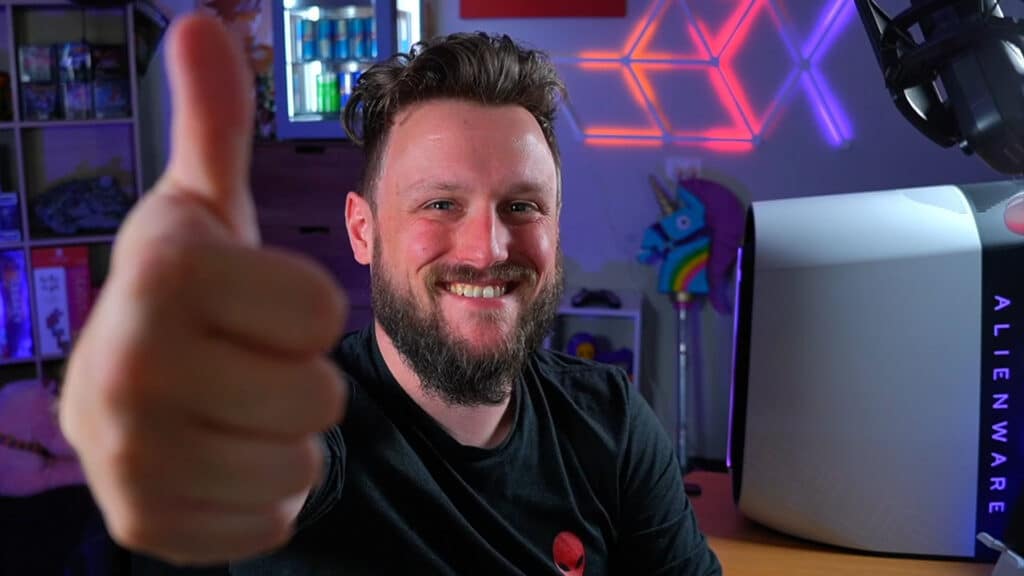It’s fair to say I had high hopes for Detective Pikachu. The AAA Game Industry seems intent on chasing trends. That’s how we got Shooter after Shooter chasing the Call of Duty audience. It’s why the current scene is littered with the corpses of all the Battle Royale games that aren’t PUBG and Fortnite. In doing so it relegates genres, like personal love, the puzzle mystery genre, to a handful of series.
So, to see a new entry, piloted by one of the biggest gaming franchises of all time is exciting. But if you take a step back from the hype, it’s basically what you’d expect.
NARRATIVE used: Acid Spray!
Tim Goodman has arrived in Ryme City with one goal, learn the truth of his father’s disappearance. He soon meets Detective Pikachu, a talking Pikachu, who worked with his father. Together, the two pick up the trail. Why have Pokémon attacks been so frequent? Is there an underlying cause? And does this have anything to do with Tim’s father’s disappearance?
Let’s call the story what it is: scattershot. The story plays out over nine chapters: each a new mystery in a new location. There’s a variety to the mysteries of course: Locked room robberies, Secret codes, alibis to break and so on.
Unfortunately, the mysteries feel like they skirt the issue, rather than being a direct pursuit. You go to a TV studio to see a video of a Pokémon attack we’ve already put some time into investigating. Soon enough you’re playing with Yanma-carried cameras and investigating an accident when they seemingly go awry. They do always connect into the main pursuit, of course.
But, the simple fact is when we have the main villain to pursue, why have us screw around with extraneous stuff?
CONCLUSION used: Rapid Spin!
The other issue, though I cannot discuss this in detail, is the overall resolution. Whilst I was, and still am, enthusiastic for a new mystery series, this should not come to the detriment of an individual entry. I say this because the only reasonable explanation for the game to be so open-ended is to resolve it in a sequel. Yes, we get to the bottom of the Pokémon attacks. But otherwise, the big questions remain questions at the game’s conclusion. We have yet to see Tim’s father. We are yet to understand why this one Pikachu is a talking detective.
You can’t just string players along through 7-8 hours of this and leave them hanging. I’ll concede these mysteries could make for an entertaining multi-entrant epic arc. But let’s just be blunt, the ending is a total cop-out. The main meat of the story? Pretty good (considering previous criticisms), got some twists and turns, some nice reveals. The ending? The Pokémon attacks end, big reveal of the mastermind, but then it just awkwardly meanders into the credits. It’s the kind of ending that made me wait through the credits, certain that a post-credits scene would provide some actual closure.
SETTING used: Attract!
One thing Detective Pikachu should be commended for is fleshing out the World of Pokémon. It shows a society in which people and Pokémon coexist. A comedian jokes around with his parrot Pokémon Chatot. Nosepass, a Pokémon who always faces north is a natural partner for the captain of a luxury cruise liner.
Great care has been used to place Pokémon across all generations in the right place in this world. Furthermore, they are active parts of the mysteries. This can range from choosing which Pokémon to question to deducing which Pokémon was involved in a crime based on their characteristics. This adds a real feeling of depths to the Pokémon franchise, that I haven’t really felt for quite some time.
GAMEPLAY used: Yawn!
Finally, the gameplay, which is, as should probably be expected, basic. This is a game for kids, I’m 24 so it sure isn’t up to my speed.
There are some basic puzzles solved with multiple choice “which evidence proves the thing” questions. There is a buttload of hints ensure you will virtually never hit a wall. In fact, if things slowed down at all it was because I hadn’t questioned everyone. Even if the people I hadn’t questioned weren’t under suspicion. And so, we backtrack and screw around finding the single trigger to push it forward.
Also, I’d often find myself several steps ahead of the sleuthing, having uncovered the central puzzle well before the protagonists. It all feeds into the vibe that this game is suited for a much younger age group. I mean obviously it is, but even then, that didn’t stop games like Professor Layton having a range of difficulty.
SAM used: Final Verdict!
So, yes, the setting is a great addition to the world. The story can be meandering, but a bit slow at times. But really the gameplay is quite anaemic, there is no real resistance here.
If you’re after a nice Pokémon setting, or the story, or the dorky little yellow detective, go ahead. But if you’re looking for any measure of challenge from this puzzle/mystery game, you’re Growlithe-ing up the wrong Trevenant.
This guest post was brought to you by Sam Harkin (@sammydeedge)




